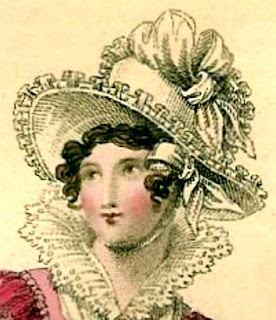Today I’m going to the Library of Congress to hear Mary Jo Putney speak to the Library of Congress Professional Association’s Science Fiction and Fantasy Forum about her new YA series featuring a group of young mage’s from an alternate Regency world. I gushed about the first book in this series, Dark Mirror, here last May. The second in the series, Dark Passage, is out this month.
Mary Jo has been an important influence in my own writing. Years ago, my friend Helen (who happens to be the present Coordinator of the Science Fiction and Fantasy Forum) insisted I read The Rake and The Reformer, the book I credit with sparking my love of Regency Romance.
The Rake and the Reformer, 1989, (Re-written and released as The Rake in 1998) still appears on readers’ Favorite Regencies lists, as it would on mine. I loved the strong characters and emotions in that book, as well as the treatment of the very contemporary issue of alcoholism.
After reading the Rake and the Reformer, I promptly searched for, and eventually found, Mary Jo’s first Regency, The Diabolical Baron, and discovered Reggie, the hero of The Rake and the Reformer as the villain. (I used that device myself in The Wagering Widow and my own “Rake” book,A Reputable Rake.)
I went on to read every Mary Jo Putney book I could get my hands on. I loved her complex characters and her creative inclusion of things, like blood transfusion in Shattered Rainbows and opium addiction in The Bargain.
Another early influence from Mary Jo was her essay in Dangerous Men, Adventurous Women, “Welcome To The Dark Side.” This whole book was a revelation to me and I loved Mary Jo’s scholarly take on the appeal of a dark hero.
I admire Mary Jo for her willingness to try new things, to switch from her very popular Regencies to Contemporaries and Fantasy and now her YA fantasies. What’s even better, she’s returned to the Regency again with her Lost Lords series, as creative as ever.
Once early on in my writing life, Mary Jo spoke at the Library of Congress Science Fiction and Fantasy Forum about world building and I attended. I was so honored to be included when the Library employees took her to lunch—I had an “in” then, too. My husband was friends with the woman who was then the coordinator.
I’m expecting to go to lunch this time, too, and, I promise you, I’m equally as thrilled!
Which Mary Jo Putney book is your favorite?





